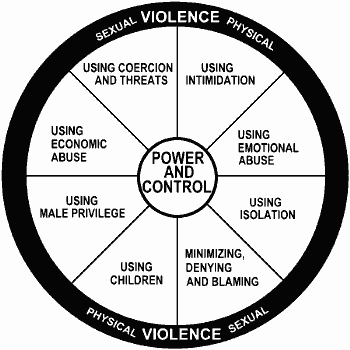Blog Posts
- Adultery
- Children
- Community Spotlight
- Divorce - Custody
- Divorce - Finances
- Divorce Preparation
- Domestic Violence
- Health Insurance
- Legislation
- Prenuptial Agreement
- Relationship
- Spousal Tales
Quick links
Massachusetts Protective Orders

A Massachusetts protective order, often referred to as a restraining order is a court order that may state that one party cannot communicate and/or go near the other party. The court has the authority to make the order as narrow or inclusive as the court sees fit. The purpose of the protective order is put both parties and the police on notice that the plaintiff is fearful of the defendant causing him/her harm. A violation of the court’s civil protective order is a criminal offense. It is important to remember that the protective order is only a piece of paper and cannot physically stop someone from harming someone else. If there is an emergency, call 911. Who and How does someone get a Massachusetts protective order?
Who Should Get A Massachusetts Protective Order (M.G.L 209A)
If a person does any of the following acts to another family or household member, then the abused person may get a Massachusetts protective order:
- (a) attempting to cause or causing physical harm;
- (b) placing another in fear of imminent serious physical harm; and
- (c) causing another to engage involuntarily in sexual relations by force, threat or duress.
How to Get a Massachusetts Protective Order
- Go to the local Massachusetts district or probate and family court and tell the clerks at the desk that you would like to file for a protective order. They will provide you with the necessary paperwork. Once completed, you will go before a judge to explain why a Massachusetts protective order is necessary. It is important to convey specific facts to the judge that show that a protective order is warranted. A failure to communicate your situation may cause the judge to not grant the protective order.
- If the court is closed, then you should go to the police station or call the police for a protective order. You will have to explain to the police why you need a protective order and the police can get you a temporary protective order.
In either situation, the original protective order will be temporary. The order will provide a date and time that both parties must appear before the court. The police will serve the defendant with notice of the hearing. If the plaintiff does not appear at this hearing, then the protective order will expire. At that hearing, the court will determine if the Massachusetts protective order should be continued and with what conditions.
Resources
Talking to a judge in an open courtroom with the abuser present is a very difficult task. It is advised to contact an attorney to represent you in court.
Additionally, the following hotlines can provide advice:
- National Domestic Violence Hotline 1-800-799-SAFE
- Massachusetts statewide hotline 1-877-785-2020